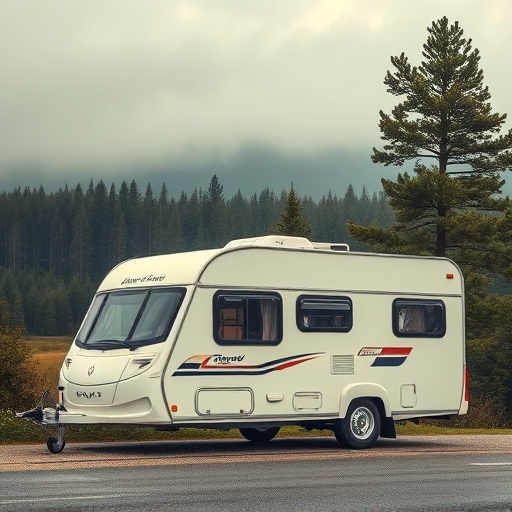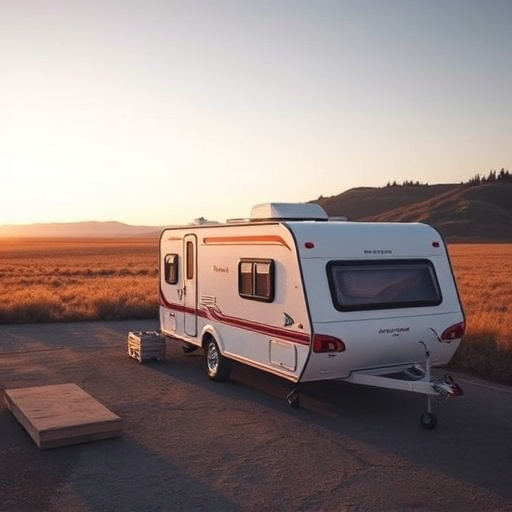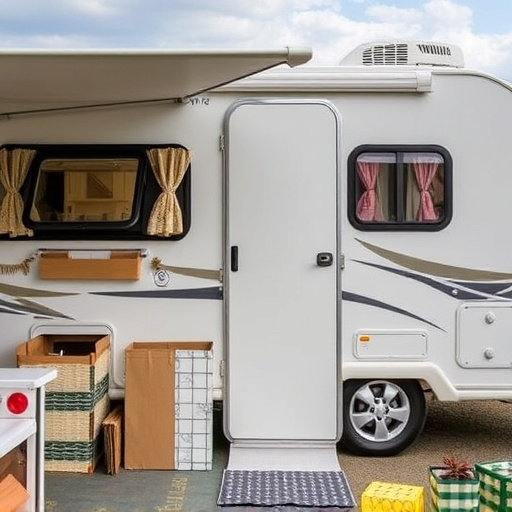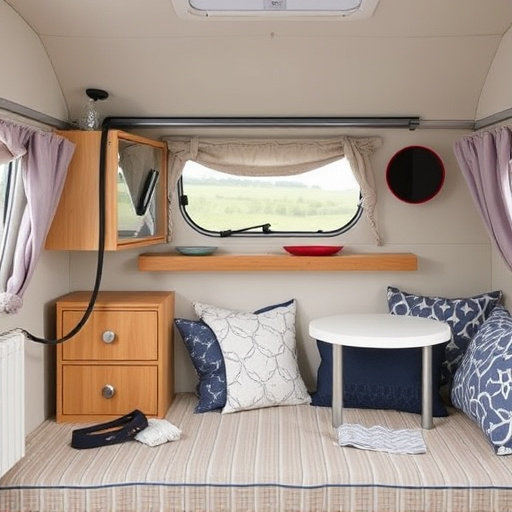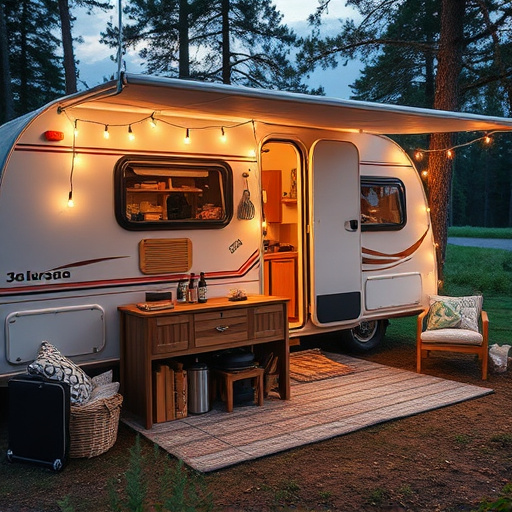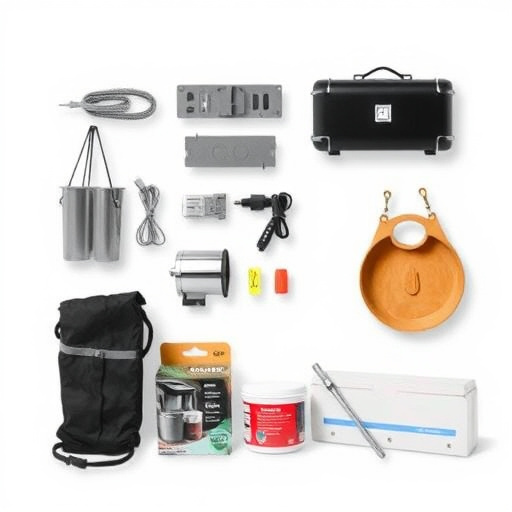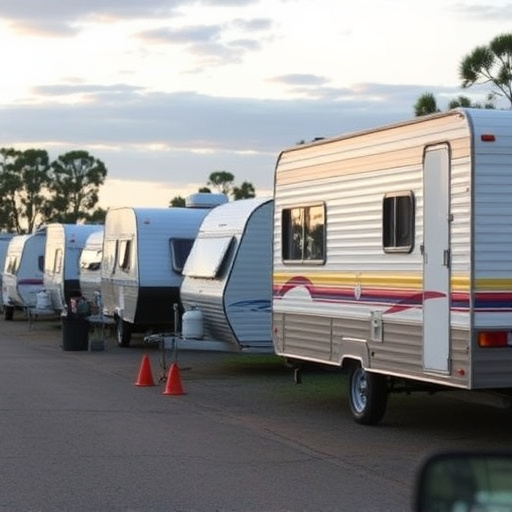Caravan Sales in Australia: A Booming Market
Caravan sales in Australia are reaching new heights as more Australians embrace the freedom of the open road. Thanks to our favourable climate and thousands of caravan parks nationwide, exploring the country by caravan has become a beloved tradition for young families and grey nomads alike. In 2023, Australians took over 15 million caravan and camping trips, spending around $10.7 billion on these adventures. The number of caravans on the road has hit an all-time record, close to one million registered caravans and campervans, underscoring just how popular the caravanning lifestyle has become. This surge in caravanning is giving a huge boost to regional tourism and reflects Australia’s strong domestic travel culture.
Recent Caravan Market Trends
The past few years have seen unprecedented demand for recreational vehicles. During the pandemic, travel restrictions led many Aussies to turn to caravanning, causing a sales boom and even waitlists for new vans. Local manufacturers responded by ramping up production – over 30,000 new caravans were built in 2023, the highest output since the 1970s, just to meet the demand. Now, as international travel rebounds and economic factors like interest rates cool the market, caravan sales are stabilising. For buyers in 2024–2025, this shift is actually great news: there’s more stock available, shorter wait times, and far better deals on both new and used caravans than just a couple of years ago.
Caravan Pricing and Value in Australia
Caravan prices in Australia span a wide range, reflecting the diversity of models and features on offer. A basic, no-frills camper trailer or small caravan might start under $50,000, whereas larger luxury off-road caravans with all the bells and whistles can exceed $100,000. During the recent boom, high demand drove prices upward, but the market balance now means more competitive pricing and promotional offers from dealers. Importantly, Australian-made caravans – like those from Vacationer – are built for our tough conditions. They may command a premium over some imports, but they deliver superior durability, safety and long-term value for money. Whether you’re on a tight budget or looking for a top-of-the-line touring home, today’s caravan market offers quality options at every price point.
Vacationer Caravans: Australian Quality & Innovation
One standout local manufacturer is Vacationer Caravans, a company renowned for Australian-made quality and innovative design. Founded in 2010, Vacationer has grown into a respected name in the industry, building premium caravans that cater to all lifestyles and adventures. The company is regarded as a leader in off-road caravans – their models feature strong yet lightweight aluminium frames and advanced independent suspensions, ideal for traversing Australia’s rugged outback tracks. Vacationer has earned its reputation by offering top-notch comfort and modern features without compromising on toughness, all while maintaining affordable pricing for buyers. This blend of quality, innovation and value has made Vacationer Caravans a popular choice for travellers looking for a reliable home on wheels.
Caravans for Every Lifestyle and Budget
Vacationer offers a diverse lineup of caravans to suit every type of traveller. Whether you’re a couple seeking a compact weekender or a family needing a spacious bunk van, there’s a Vacationer model designed for you. The range includes everything from nimble hybrid campers and single-axle off-road vans to large luxury tourers built for extended outback expeditions.
Each Vacationer model comes loaded with amenities and smart tech, as the stylish interior pictured here illustrates – so you can enjoy all the comforts of home wherever you roam. Think full kitchen setups, comfy bedding, ample storage and off-grid power (solar panels and battery systems) for remote camping. Vacationer Caravans also prides itself on customer support, working with a network of reputable dealerships across Australia to service and assist owners on their journeys. As their motto says, they truly believe “everyone deserves a holiday,” and they strive to make that dream trip possible for all their customers.
Contact Vacationer Caravans
Ready to start your own caravan adventure? Vacationer Caravans is here to help. Visit their showroom at 59 Capital Link Drive, Campbellfield, VIC 3061, to see these caravans up close, or give their friendly team a call on (03) 9357 8242 for more information. With the right caravan and expert guidance, you’ll be well on your way to creating unforgettable Australian holiday memories with Vacationer Caravans.
Caravan Sales Australia in 2025 features luxury models with spacious interiors, advanced technology, and high-end fittings. Top brands like Sunliner, Jucy, and Highland offer diverse options from compact couples' caravans to family-sized mo…….
By 2025, Australia's Vacationer Caravans lead the market with luxurious designs, advanced tech like smart homes, and sustainable features. Offering diverse floor plans, these caravans cater to discerning travelers seeking comfort and advent…….
Vacationer Caravans are Australia's top choice for travellers seeking reliable and stylish travel companions, offering diverse options from compact to family sizes. Crafted with robust materials and innovative designs, these caravans ensure…….
Before buying a caravan from Caravan Sales Australia, determine your budget by evaluating finances, setting goals, and considering costs like registration, insurance, and maintenance. Research different models, compare prices, explore financing…….
By 2025, Caravan Sales Australia remains a leading choice for luxury travelers seeking top brands like Jayco and Outback Motorhomes. Premium caravans offer exceptional quality, advanced technology, and luxurious amenities, appealing to both fami…….
Australia's recreational vehicle market thrives with Vacationer Caravans and Solaris Caravans leading in 2025. Vacationer Caravans excel with sleek designs, modern floor plans, spacious interiors, and advanced safety features, catering to d…….
Caravan Sales Australia emphasizes quality with locally made caravans that meet high industry standards and use premium materials for durability. Investing in these caravans supports local economy, offers tailored designs for Aussie lifestyle, p…….
Caravan Sales Australia experts advise thoroughly inspecting both the exterior and interior of a caravan before purchase. Look for damage, wear, leaks, water stains, tread issues, awning functionality on the outside, and cleanliness, fixtures, c…….
In 2025, Vacationer Caravans and Jayco dominate the Australian market with top-tier craftsmanship and modern designs. Vacationer offers diverse models from compact to luxury, focusing on innovation, comfort, and adventure for families. The indus…….
Reliable power sources like solar panels and generators are crucial for Vacationer Caravans, offering comfort with refrigeration and device charging. Wi-Fi or satellite communication enhances off-grid experiences, keeping modern vacationers conn…….
Australia's breathtaking landscapes inspire road trips. Vacationer Caravans offer diverse models for every traveler, from compact to spacious options with modern amenities. Top brands like X-Liner and Freedom Campers provide family-friendly…….
By 2025, Australian caravan market sees surge in demand driven by urban dwellers' preference for compact, lightweight caravans and technological advancements like smart home integrations and safety features. Leading brands like Jayco, Hymer…….
Caravan Sales Australia emphasizes matching your caravan to your specific needs: consider travel group size, planned activities, and desired amenities like kitchens or entertainment. Choose a layout that suits your space requirements and towing…….
When buying a caravan in Australia, prioritize your needs, research top-quality models suitable for diverse terrain, find reputable Caravan Sales Australia dealers through online reviews and recommendations, evaluate financing options, understan…….
Choosing the right caravan from Caravan Sales Australia is crucial for Australian travel, considering group size, trip type and budget. Research different brands, set a clear budget, inspect potential purchases thoroughly, and stay compliant wit…….
Choosing a Vacationer Caravan should reflect your travel style and needs. For outdoor adventurers, opt for larger models with ample storage and amenities, while smaller caravans suit those prioritizing sightseeing in tight spaces. Interior desig…….
Vacationer Caravans stands out in Australia's caravan market for its quality, innovation, and customer satisfaction. Modern models offer advanced amenities like smart home tech, high-speed internet, solar panels, and efficient water filtrat…….
Australian travelers embrace vacationer caravans for diverse landscape exploration. Diverse financing options, from traditional bank loans to peer-to-peer and specialized programs, make ownership accessible. Government grants support upgrades an…….
Australia's 2025 caravan market thrives with innovative designs from premier brands, led by Caravan Sales Australia. From compact off-road models to luxurious family options, these caravans offer safety, efficiency, and comfort for unforget…….
Vacationer Caravans, popular for their home-like comfort and modern amenities like smart home tech, high-speed WiFi, and fuel-efficient hybrid systems, are gaining traction in 2025. The market sees a rise in luxury models and off-grid capabiliti…….











